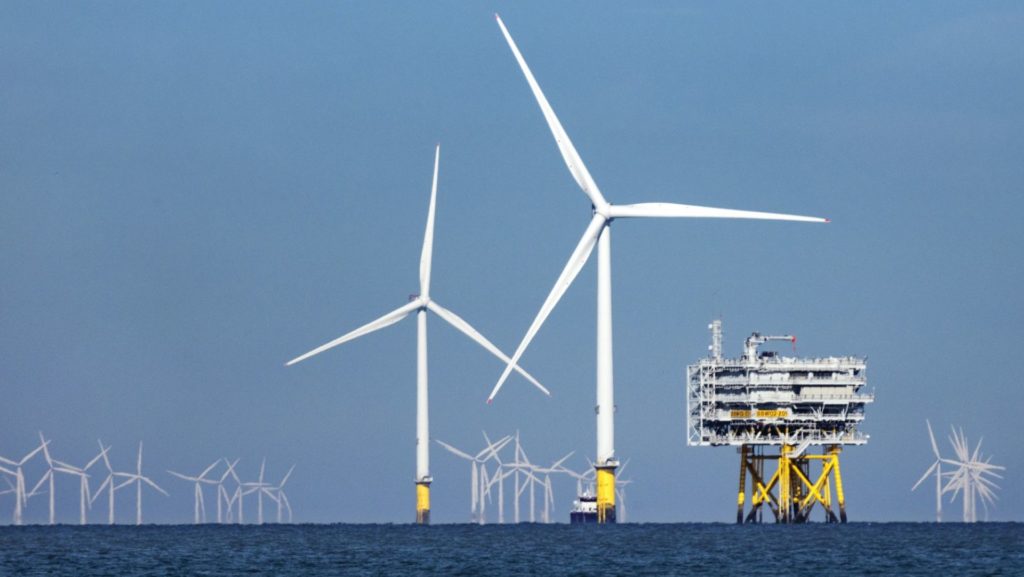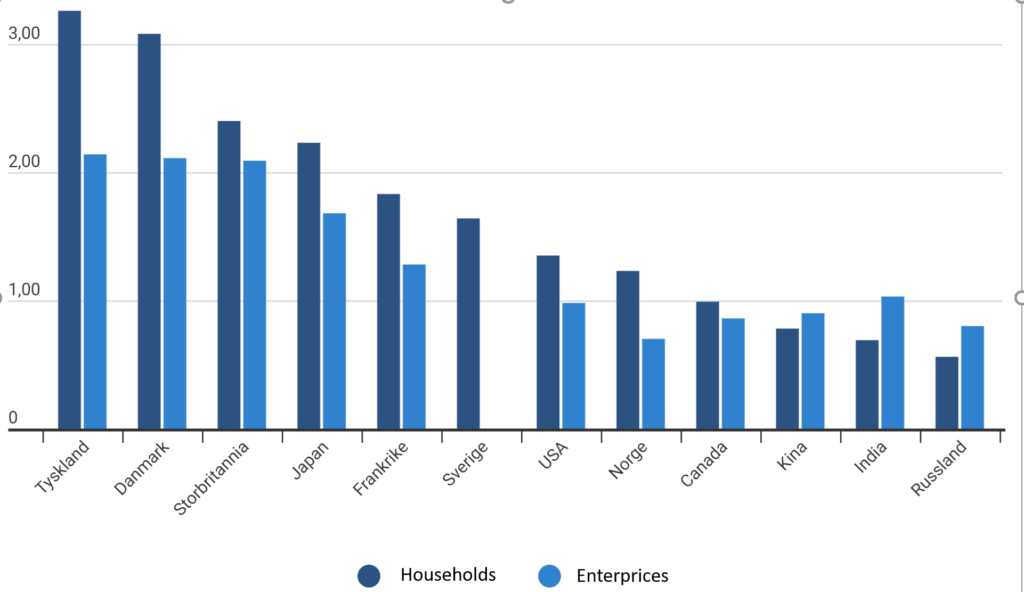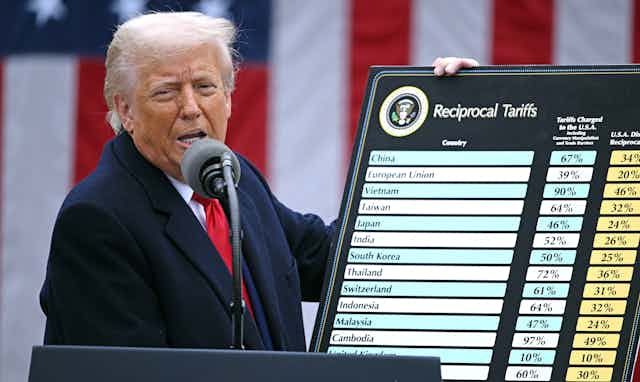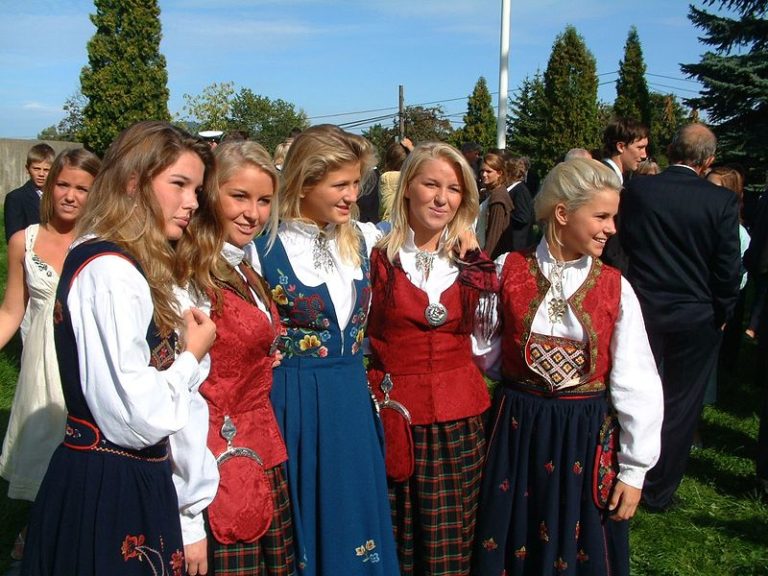

OPINION by Øystein Noreng,
Original first published in Norwegian on TU.no
The political responsibility for today’s Norwegian unrest should be placed on several governments which in their enthusiasm for power exports have hardly cared much about Norwegian consumers.
Energy policy is a difficult subject. The case area is technically and financially complicated. Because energy affects the whole of society and a great deal of finance, the subject area attracts many stakeholders who are not all equally competent or equally impartial. Today’s European energy price crisis has no basis in lack of resources but in human misjudgments and irresponsible politicians.
The energy sector used to be dominated by engineers, their main goal was to ensure households and businesses reliable and cheapest possible energy supplies. In recent times, economists have become more important; the main goal is shifted from consumer welfare to producers’ earnings. Considerations for safe and affordable energy have been pushed into the background. Politicians have voluntarily helped to make matters worse.
The European Union has the worlds highest energy costs
The focus of the energy policy has shifted from providing households and businesses with secure supplies at an affordable price to high ambitions to quickly reduce carbon emissions as climate policy takes precedence. The result is insecure supplies of the world’s most expensive electricity. Not surprisingly, the EU is the part of the world with the highest energy costs and the lowest economic growth. Measured by income and employment, the EU is stagnating. One reason is energy policy, another is tight budget policy. It is an open question whether the EU’s political leaders and civil servants have the necessary competence and power to act. The prominent EU President Ursula von der Leyen, claims that the lack of investment in renewable energy is the cause of the energy price crisis. But today’s predicament has its cause in a low utilization rate of 20-30 percent in solar power and wind power rather than insufficient capacity.
Average electricity prices

The high energy prices in the EU have a counterpart in low economic growth. In the world as a whole, economic growth has slowed after the financial crisis in 2008–09. Even before the crisis EU had lower growth than the rest of the world and the crisis weakened growth relatively more in the EU and most in euro area countries. According to the International Monetary Fund (IMF), annual growth in euro area countries has been 0.7 percent in the period 2010–2010, compared with 1.0 percent in the EU as a whole and 3.1 percent in the world. Disagreement over nuclear power hampers the possibilities for a common energy policy, while at the same time reducing the use of fossil energy as quickly as possible.
Risk of power failures?
Worst case, supply difficulties could force electricity rationing and perhaps temporary shutdowns in Europe during the winter. The ripple effects of industrial shutdowns can be serious and possibly affect the supplies of important goods. The risk is that high gas prices affect the production of fertilizers and in the next round the supply of food. In the UK, the government chose to close down a large gas storage facility, a major reason for this autumn’s gas shortages and rising electricity prices. Prime Minister Boris Johnson’s belief in wind power has been compared to that of the medieval King Canute, who wanted the sea to subside.
In Germany, politicians, led by Angela Merkel, have chosen to phase out both nuclear and coal power without securing gas supplies; the world’s highest electricity prices weaken the business community’s transition to modern technology. In France, the government has suddenly stepped up the development of nuclear power, after a long standstill; not even President Macron can divert from the time crunch in French energy policy. Many politicians’ enthusiasm for the green shift is hardly substantiated with concrete knowledge about costs and timelines.
Higher prices for Russian gas
Russia is accused of being to blame for the European energy price crisis. Until recently, Russia supplied gas at the agreed price on long-term contracts, supplemented by random volumes at spot prices. At the EU’s initiative, the long-term contracts were changed to apply only to volume, no longer price. Russia has delivered contracted volumes, now at market price, while the random volumes have been reduced. In this way, Russia can earn more from lower volumes sold at higher prices, a practice that is hardly unknown in the international oil and gas trade. Russia has financed the new gas pipeline to Germany, NordStream II, but political and legal obstacles mean that it has not been used so far. Russia’s reduction of non-contracted gas supplies has been described in the West as an unfriendly act and exploitation of a situation pressured by the counterparty. Russia, for its part, has been interested in exploiting a favorable negotiating situation not only to earn more on contracted volumes but also to gain acceptance for NordStream II.
Export is prioritized
In Norway, with energy resources in a class of their own, politicians have allowed publicly-owned power companies to prioritize foreign customers and their own profits over Norwegian households and the country’s business community. The Solberg government with Minister of Energy Tina Bru also failed to intervene against Equinor after the company’s large losses due to incorrect investments in the USA. The principal owner’s omission shows the state’s powerlessness in relation to some wholly or partly publicly owned companies.
Today’s electricity price crisis is due to the fact that our politicians have not understood the physical and technical realities to which energy policy is subject. They have allowed the power companies to price electricity to Norwegian customers according to market signals abroad. The latest news is that politicians are allowing a significant increase in grid rents. The same politicians overlook that in Norway electricity accounts for 65 percent of energy consumption, compared with 20-25 percent in most other European countries. Therefore, the price jumps on electricity hit Norwegian consumers relatively hard, even though they have their background in energy policy mistakes in the UK and Germany.
The political responsibility for today’s Norwegian unrest should be placed on several governments which, in their enthusiasm for power exports, have hardly cared much about Norwegian consumers. Strikingly, they do not seem to realize that high energy prices are antisocial because the burden of energy on a family budget is inversely proportional to income.
Støre follows Solberg
An open question is whether the new government will do anything about this. There is hardly any reason for optimism. For the time being, the Støre government seems to be largely following its predecessor on this point. Minister of Energy Marte Mjøs Persen says she is reasonably satisfied with the current scheme. The Progress Party’s energy policy spokesman Ketil Solvik-Olsen, on the other hand, will prioritize Norwegian consumers. This can be interesting in national politics.
The Progress Party’s proposal to renegotiate export contracts in order to reduce electricity prices may resonate significantly with Norwegian consumers and voters. A cold winter with widespread dissatisfaction due to high electricity prices may provide a basis for new dividing lines and new alliances. LO could be decisive in the pressure to prioritize Norwegian electricity customers.
Norway’s interest is to export gas rather than electricity, not to electrify the shelf. Voters have a pain threshold for costs driven by politicians with a need for marking stronger than the understanding of realities. Politicians can be ripe for replacement. Initially, the health crisis could mitigate the energy price crisis. In the next round, the outcome could be a higher demand for natural gas in Europe, as a reliable alternative to whimsical solar and wind power. Two countries will be able to earn well: Norway and Russia.




40 Comments
Pingback: Goal 7: Affordable and Clean Energy - Bergensia
Pingback: Check it out
Pingback: Ufabet
Pingback: magic mushroom dispensary denver
Pingback: เครื่องซักผ้า 2 ถัง ยี่ห้อไหนดี
Pingback: 토렌트 다운
Pingback: Papaya punch fryd
Pingback: meja 365
Pingback: superkaya88
Pingback: ทางเข้า โต๊ะคาสิโนสด WM CASINO
Pingback: Discover More Here
Pingback: เว็บตรง สล็อตออนไลน์
Pingback: หวยออนไลน์ LSM99
Pingback: Prep online order
Pingback: coway
Pingback: เครื่องสแกนนิ้ว
Pingback: Belcampo
Pingback: ทำความรู้จักกับเว็บมาแรง flix slot คืออะไร
Pingback: how to start morning glory seeds indoors
Pingback: ห้องเก็บเสียง
Pingback: naga356
Pingback: Electronic Medical Record
Pingback: สล็อตเว็บตรง
Pingback: Social Media Marketing
Pingback: 꽁머니
Pingback: สอนภาษาไทยให้ชาวต่างชาติ
Pingback: พรมรถยนต์
Pingback: tga168
Pingback: อัตราจ่ายของ เว็บหวยออนไลน์
Pingback: Happyluke ใช้งานง่าย
Pingback: Website
Pingback: มาทำความรู้จกกันว่า ทีเด็ดบอล วันนี้ คืออะไร ?
Pingback: บาคาร่า 168 เว็บตรง
Pingback: สล็อตออนไลน์เกาหลี
Pingback: toybf
Pingback: ปั้มไลค์
Pingback: จองตั๋วรถทัวร์
Pingback: empresa informática lisboa
Pingback: daily prayer book
Pingback: เว็บตรงฝากถอนง่าย